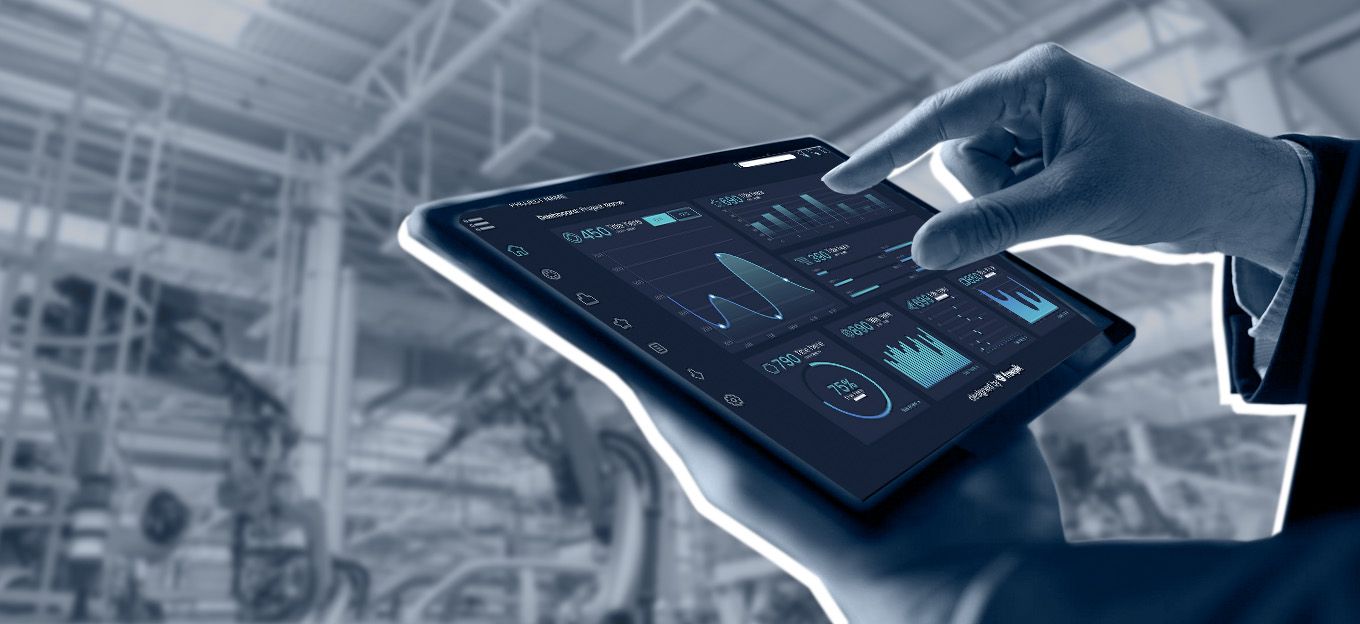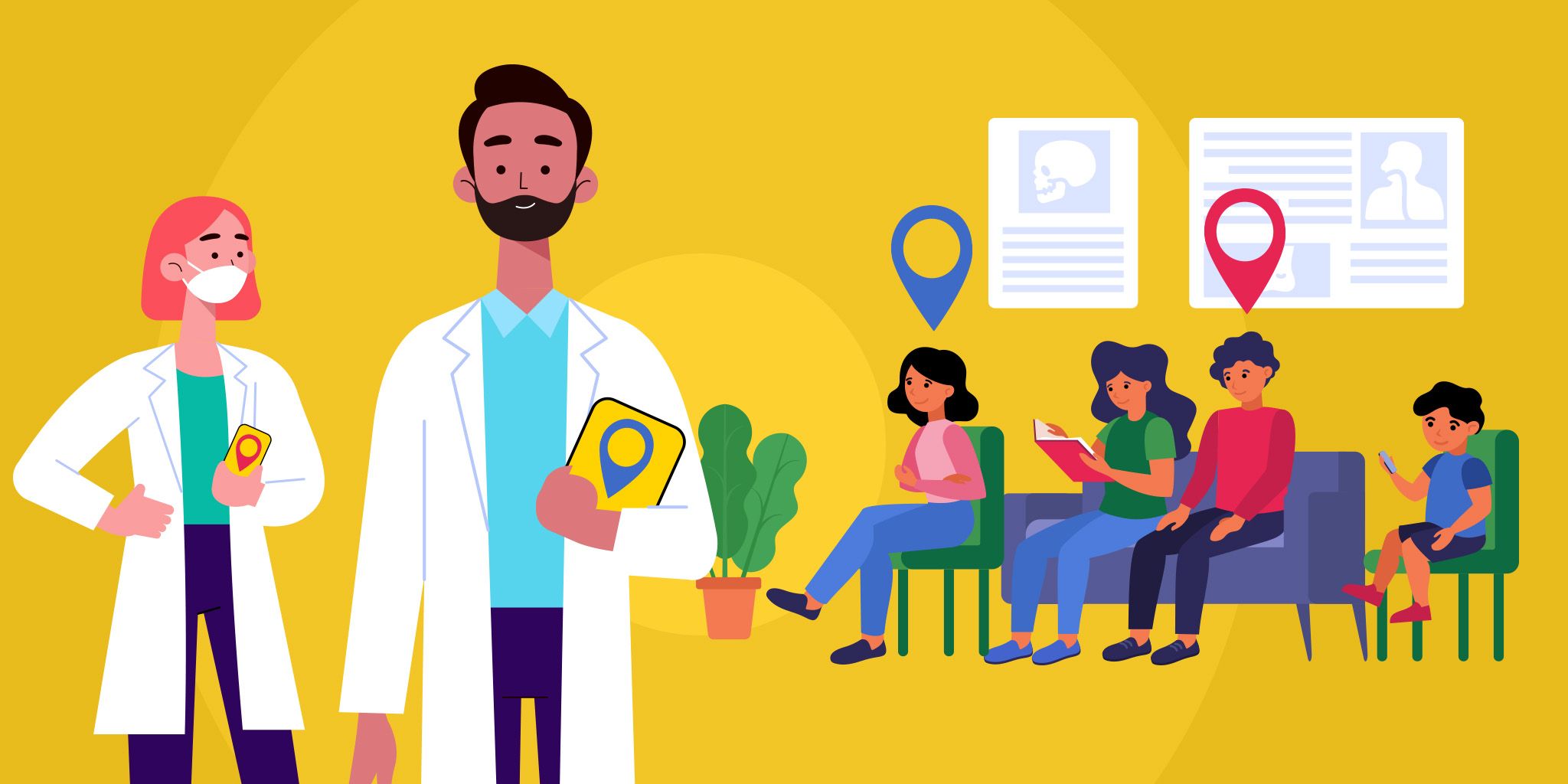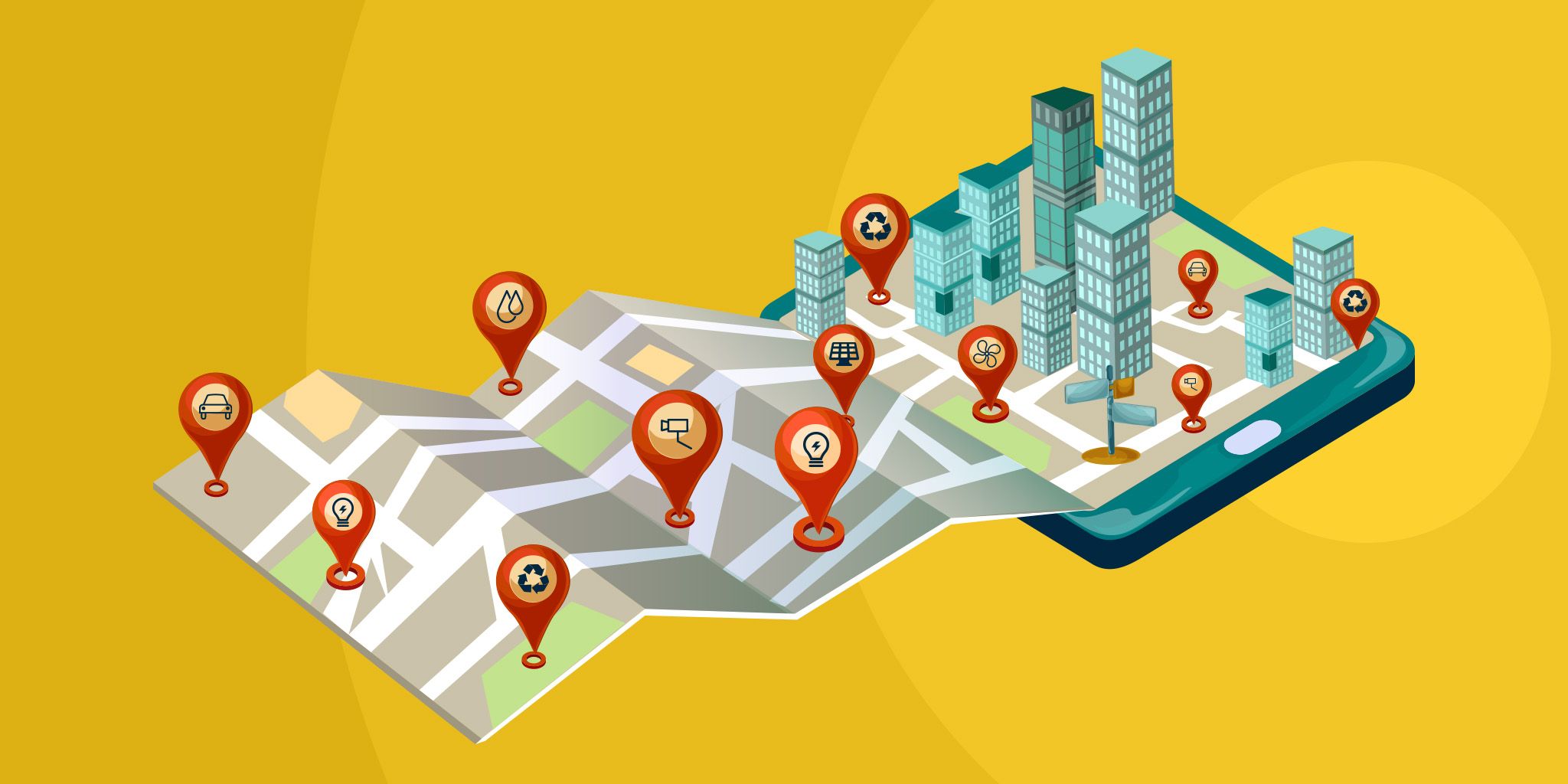How Do Custom Map Solutions Improve Delivery Services & E-Commerce?
How Do Custom Map Solutions Improve Delivery Services & E-Commerce?
- Last Updated: December 2, 2024
Guest Writer
- Last Updated: December 2, 2024



Geospatial Custom Map Platform
Location intelligence and accuracy are critical for on-demand delivery, e-commerce, and mobility services. The accuracy of driver routes, geocodes, ETAs, and snap-to-road APIs are crucial as they directly impact customer satisfaction and operational efficiency. To enhance customer satisfaction, reduce driver stress, and increase revenue, enterprises need custom map solutions for more accuracy.
Custom map solutions improve delivery services and e-commerce with AI-powered map solutions, location-based technologies, and geospatial map data.
The rise of on-demand delivery and transportation has skyrocketed while consumer expectations have grown proportionally. Keeping ETA promises to consumers means building trust and loyalty, and significantly improves brand perception and customer retention. Drivers on the other hand want stress-free environments the best route possible.
The U.S. generated $26.5 billion in food delivery revenue in 2020; the market revenue has increased 204% in the past five years, Business of Apps reported. The projected U.S. food delivery revenue is expected to reach $42 billion by 2025.
Issues arise from underlying locations based mapping technology that impact consumers daily, such as food deliveries that arrive late or cold, ride-hailing services provide the incorrect ETA arrival, and parcel packages delivered to the wrong addresses.
AI Powered Custom Map Solutions
Artificial Intelligence (AI) solutions applied to locations based technology leverages local traffic addresses, various vehicle types, and unique driving behaviors to build custom map APIs. AI-powered geocoding and search APIs designed specifically to handle use scenarios across transportation and unstructured addresses. AI seamlessly leverages historic customer delivery data to ensure the same mistake never happens twice.
Proprietary engines backed by state of the art AI delivers extremely accurate ETAs for all user scenarios. Delivery drivers are also held accountable for providing services within a time-based ETA. The delivery of service determines customer satisfaction, and tips are significantly impacted by keeping ETA promises.
Locations Based Technologies For Enterprises
Enterprise adoption of location-based technologies has already been occurring with digital-native companies such as DoorDash, Lyft, and Uber. According to 451 Voice of the Enterprise research, location-based technology is one of the top disruptive technologies that enterprise organizations plan to adopt over the next 2 years.
The hospitality and transportation industries have been adversely affected by the pandemic outbreak. The pandemic has made customer experience more relevant, with consumers adopting services that rely on locations based technologies throughout the lockdown, such as e-commerce, grocery, and food delivery.
The demand for location-based technologies is expected to expand as the adoption of key use-cases continues to grow post-pandemic. This includes business-to-consumer applications to enable discovery, dispatch, pricing, routing, billing, and zoning for ride-sharing. For e-commerce to enable order management, estimations, routing, and real-time tracking for food and grocery delivery services.
The enterprise addition of locations based AI technology with custom map platforms directly offers business solutions that lower operating costs, provide faster arrival times, lower cancellations, and more accurately priced orders.
The Most Comprehensive IoT Newsletter for Enterprises
Showcasing the highest-quality content, resources, news, and insights from the world of the Internet of Things. Subscribe to remain informed and up-to-date.
New Podcast Episode

Navigating the Future of Embedded Computing
Related Articles



